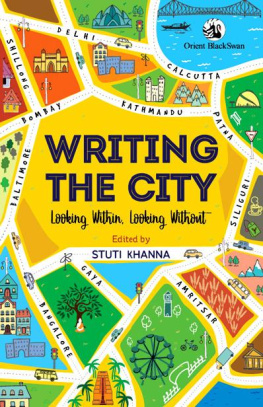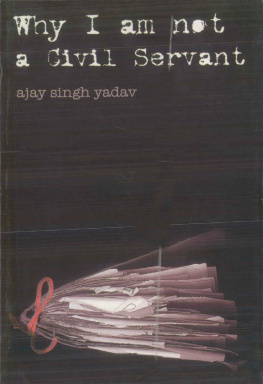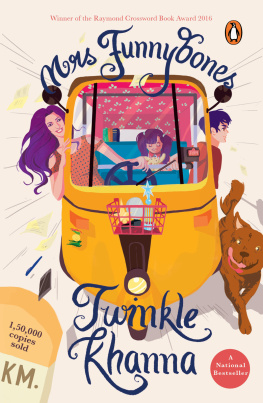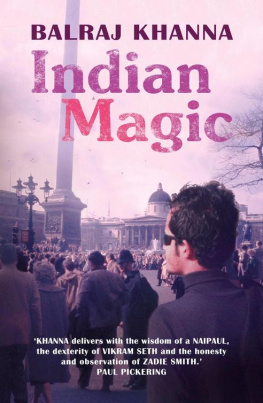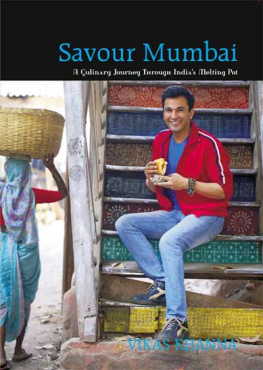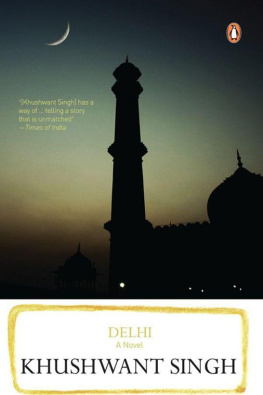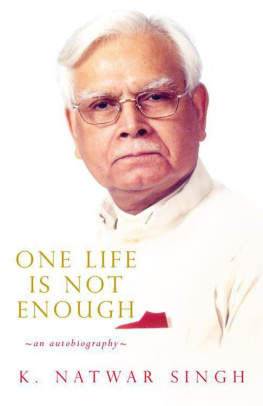Table of Contents
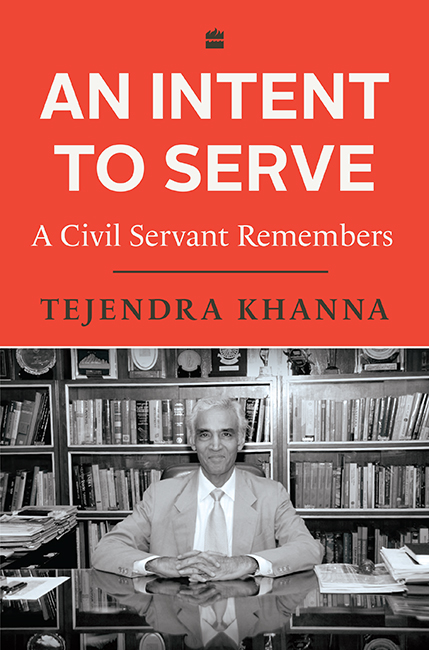

Dedicated to
the Fountainhead from which the blessings of loving parents and siblings,
an adorable and devoted spouse, loving children and grandchildren, kind friends
and well-wishers, and diverse opportunities to serve,
flowed into my life
Contents
T HIS BOOK MAINLY RECALLS SOME SIGNIFICANT EPISODES IN MY professional journey as a civil servant, which started on 1 June 1961 at the Lal Bahadur Shastri National Academy of Administration, Mussoorie, and ended after my second stint as Lieutenant Governor, Delhi, on 8 July 2013. During this journey, two guiding principles remained my constant companions: the first was to treat everyone I came acrosswhether superiors, professional colleagues or fellow citizenswith respect. The second was to remain approachable and to exercise the powers vested in me as a civil servant, to provide legitimate redress to people seeking relief, not as a favour to them but as a public duty. I never sought any particular posting, nor acted against my inner commitment to fair play, equity and justice. Giving respect and due consideration to my political or civil service superiors never implied yielding to any pressures or crossing the line of ethical propriety. Our Constitution mandates the upholding of our citizens fundamental rights, irrespective of caste, colour or creed, as well as their treatment in a dignified manner. Creating an environment of respect and cordiality in all of my assignments enhanced morale and efficiency and helped achieve important work objectives within required timelines. I urged batches of young officers of the IAS and IPS allotted to the DelhiAGMUT (Arunachal Pradesh, Goa, Mizoram and Union Territories) Cadre who called on me while I was Lt Governor (LG), to utilize the great opportunity accorded to them to serve our fellow citizens in a positive and selfless manner, which would undoubtedly elicit their spontaneous goodwill and confidence.
I hope this book will help to reassure aspirants to the civil services as well as young civil servants, that practising honesty, diligence and self-respect, and earning the goodwill of common citizens who live simple lives, will open doors to positions of greater responsibility and prestige for them in the natural course, without their having to seek favours or to make unethical compromises to get there.
Chanakyas exhortation in the Arthashastra that everyone should write a book and record their lifes meaningful experiences to share them with fellow human beings, both now and hereafter, also induced me to put pen to paper. The valuable editorial advice and guidance provided by Ms Swati Chopra, executive editor, HarperCollins Publishers India, is gratefully acknowledged.
I WAS BORN IN MID-DECEMBER 1938 AT PUSA, BIHAR, WHERE THE THEN Viceroy Lord Curzon had laid the foundation stone of the Imperial Agricultural Research Institute (IARI) in April 1905. Pusa was situated along the banks of the Burhi Gandak river, a part of the Ganges river system, and had rich clay soil along with an annual rainfall of 90 inches, making for verdant greenery and an abundance of tropical fruits, vegetables and traditional crops. This was perhaps the reason that the IARI was established here.
My father, K.L. Khanna, belonged to a well-respected landed family from Village Madhrianwala, Tahsil Hafizabad, District Gujranwala (now in Pakistan). He completed his graduate degree at the Punjab College of Agriculture, Lyallpur (now in Pakistan) and received the Sir Louis Dane Gangaram Gold Medal for standing first among the successful candidates in 1928. Thereafter, in 1929, he joined the Pusa-based research institute, specializing in the sugarcane crop. Some years later, he was designated as Sugarcane Specialist and eventually became Director, Sugarcane Research and Development, under the Bihar government. He was a very dedicated research professional and presided over the Agricultural Sciences section of the Indian Science Congress in 1952. A number of improved sugarcane varieties having higher sucrose content and greater resistance to plant infections were developed and launched under his leadership. The sugar industry in the Eastern region sought him out frequently for field visits and advice, and accorded him great respect for his expertise and insights.
My mother hailed from Sargodha, Punjab, now in Pakistan, where her father was serving as a Senior Engineer in the Irrigation Department, having obtained his Engineering Degree from the prestigious Thomson Engineering College, Roorkee. My maternal grandfather was responsible for developing and maintaining the canal system in his jurisdiction, which carried waters from the Punjabs rivers to farmers fields. The family was rooted in high moral values and my maternal grandfather enjoyed a sterling reputation for honesty and quiet efficiency. I had the good fortune of visiting both my paternal and maternal grandparents homes with my parents and siblings, a few years before the Partition in August 1947 and can vividly recall their peaceful and pristine settings!
After some initial lessons at home, I joined the Board Upper Primary Hindi-medium School at Pusa, and studied there until the close of 1947. I used to walk to the school and back, and remember eating the low-hanging fruits of the Maulsari trees lining a part of my route. The Headmaster was a tall and lean elderly person who kept a thin but effective cane within his reach and was justly feared by the pupils. One of the non-academic activities mandated by him for students during breaks was preparing Indian gooseberries (amlas) for pickling. Though I never qualified for a cane strike by him, I do remember quickly evading the brunt of a chastising slap once!
At the start of 1948, I was admitted to the St. Xaviers High School, Patna, as a boarding student. The school had been established by Jesuit Fathers from USA in 1940, and prepared students for the Cambridge University Overseas School Certificate Examination (Senior Cambridge). Apart from the Jesuit Fathers, we had other teachers for mathematics, physics, Indian languages (Hindi or Urdu) and geography. Moral science was also part of the curriculum.
The school maintained a fine balance between academics, sports and other extracurricular activities like elocution, dramatics and cinematic entertainment on three weekends in a month. I completed my studies in December 1954 and passed the Senior Cambridge examination in the First Division, with high credits in mathematics, additional mathematics and physics.
During my final school year, my father suggested that I consider sitting for the IAS examination and taking up civil services as a career after my college studies. I was receptive to the idea, since I felt at home with people from simple backgrounds and felt that a civil services career would afford me opportunities to interact with them and help them.
Before leaving school, I called on the Principal, Father E.H. Niesen. He asked me what subjects I intended to pursue in college. I told him that given my aim to eventually take the Union Public Service Commission Civil Services Examination, I was thinking of taking up Arts subjects like history and political science. He strongly advised that I opt for sciences instead, since I was good at mathematics and physics. He added that while I could always learn subjects in the Arts curriculum later, I could not do the same with subjects in the sciences, which required laboratory facilities and practical learning under the special guidance and oversight of teachers.



